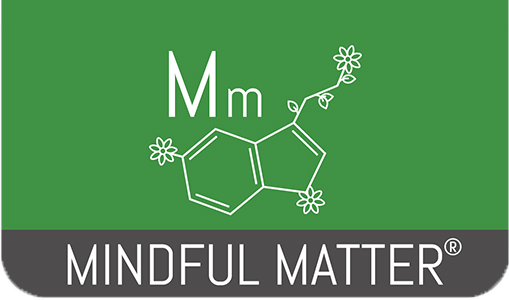January 16, 2020

Take a walk
Whether you work inside or outside, when we are at work we can often let work consume us. So stepping outside of your work environment can give your mind and body a much-needed break.

Anxiety. It’s the most common psychiatric illness and we still know so little about the factors that contribute to the recovery. Until now…
Canadian researchers were heartened to report earlier this week that there is hope for people suffering from anxiety! Researchers from the University of Toronto have been investigating three levels of recovery in a huge group of 2000 Canadians with a history of GAD (Generalised Anxiety Disorder).
And guess what, a whopping 72% with a history of GAD have been free of the mental health condition for at least one year! 40% were in a state of excellent mental health, and almost 60% had no other mental illness or addiction issues, such as suicidal thoughts, substance dependence, a major depressive disorder or a bipolar disorder, in the past year.
To be defined in excellent mental health, respondents had to achieve three things: Almost daily happiness or life satisfaction in the past month; high levels of social and psychological well-being in the past month; and freedom from generalised anxiety disorder and depressive disorders, suicidal thoughts and substance dependence for at least the preceding full year.
This is incredible news! It shows that with removing the stigma from mental health we can get studies like this underway. Bringing hope to people who suffer from GAD and other mental illnesses to overcome them!
Last week the FA delayed every FA Cup third round matches by 60 seconds to play a short film narrated by the Duke of Cambridge to encourage fans to consider their mental wellbeing. It is a collaboration between Public Health England's (PHE) Every Mind Matters and the Football Association and Heads Together's Heads Up campaign.
The film features footballs such as Dele Alli, Son Heung-min, Jesse Lingard, Harry Maguire and Jordan Pickford. It will also be broadcast to those watching the games at home on TV.
Prince William, who is president of the FA, says in the film: "In life, as in football, we all go through highs and lows. "We can all sometimes feel anxious or stressed. At moments even the little things can seem a struggle. But we can all start to change things.” The Duke said the Heads Up campaign (which was launched in 2016 by himself, the Duchess of Cambridge and Duke of Sussex) aims to use football "to spread to message that we all have mental health, just as we all have physical health".
What an amazing chance to spread the word about mental health through football!

